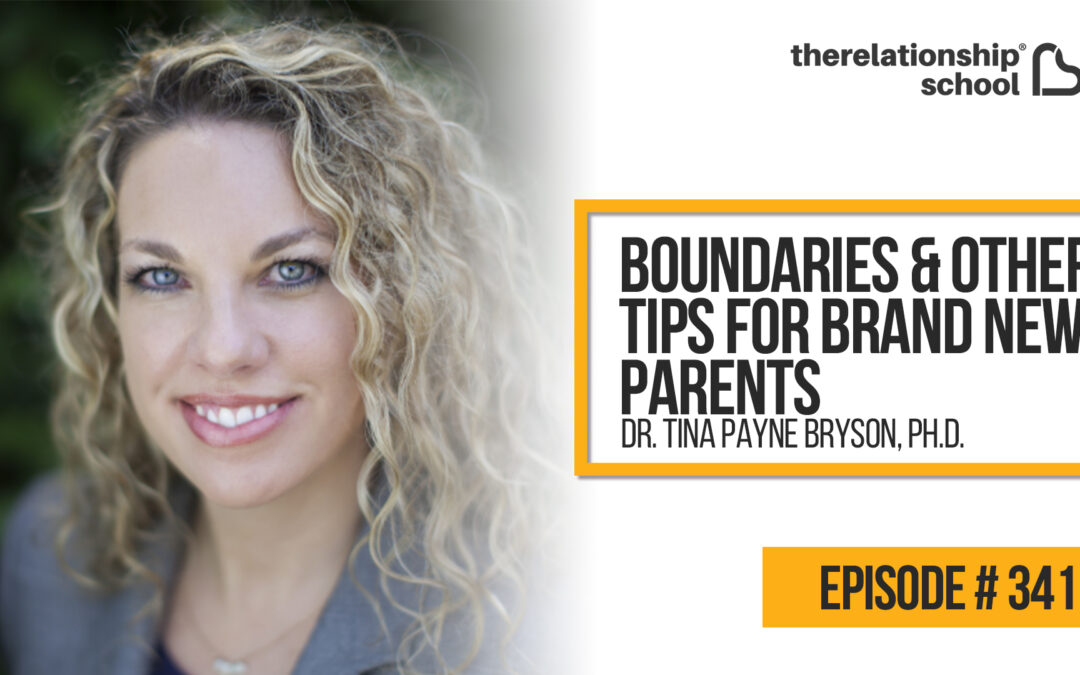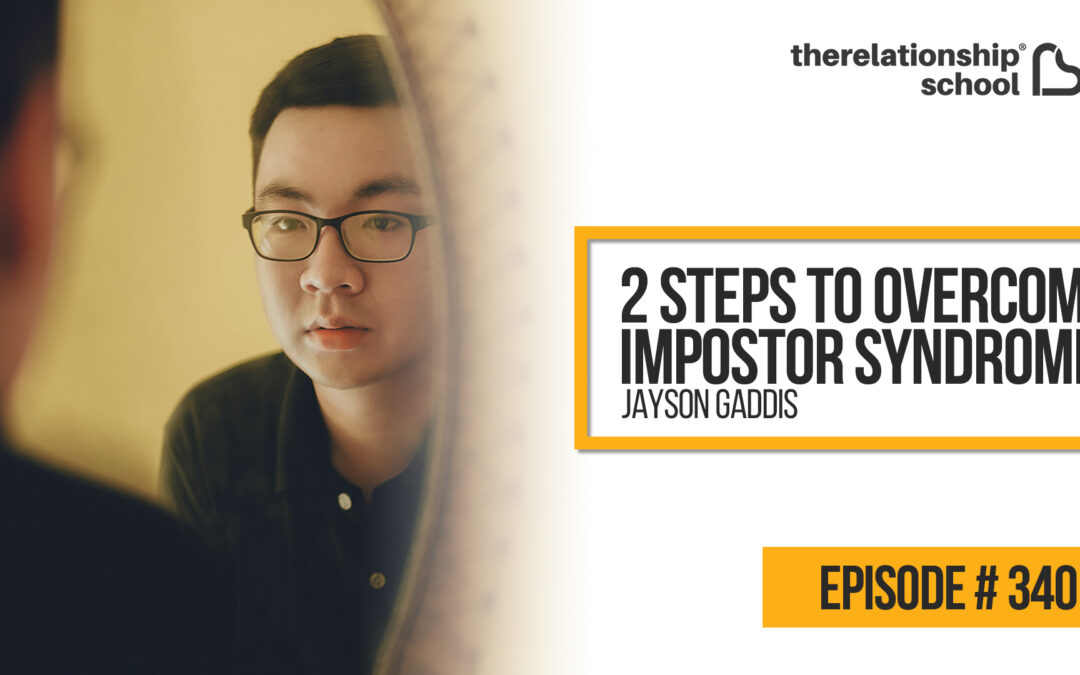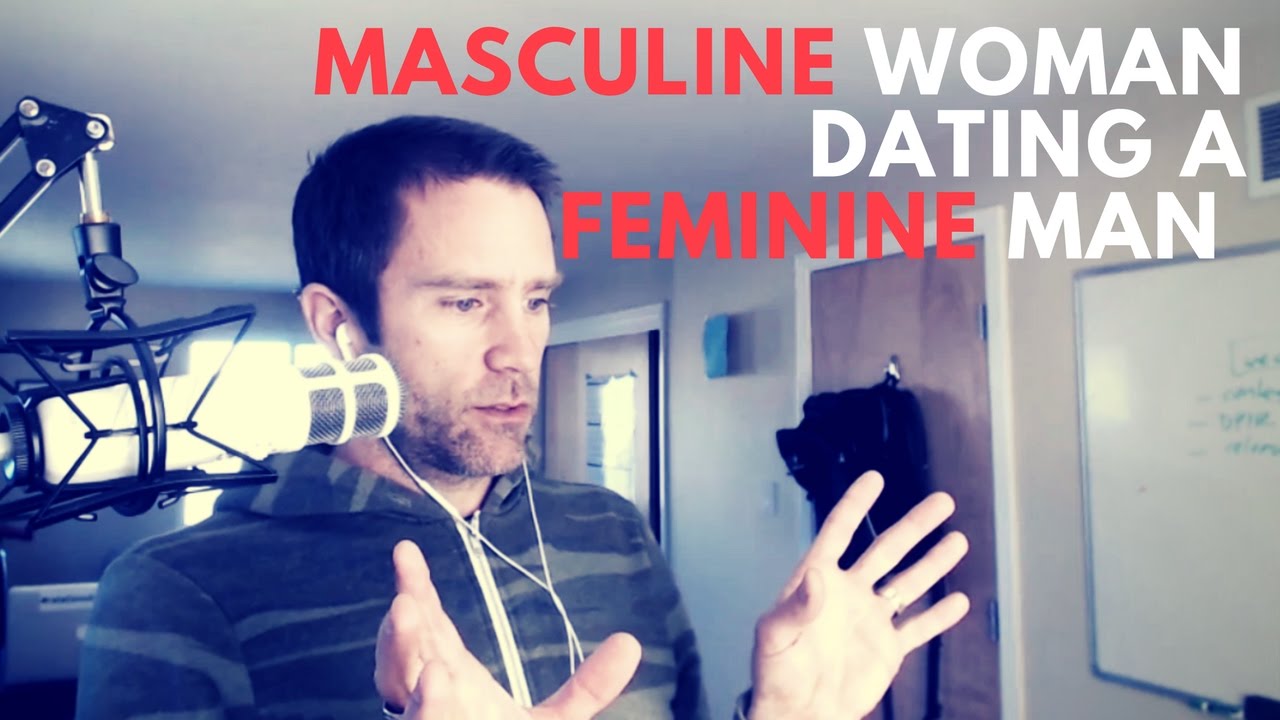How Do I Know if I Have Resentment?
Resentments, if not dealt with, can cause numerous problems in a relationship. But it’s easy to talk about resentments, yet not always so easy to identify them. What exactly does it look and feel like to have resentment?
I once coached a couple who, after ten years of marriage, were both resenting each other for various reasons. The husband, who had been unwilling to communicate his feelings to his wife over the years, had been taking out his anger on her unwittingly.
The wife, of course, resented his treatment of her—but in the end, she truly had no idea of the reasons for his anger or why he held on to it. But I could see the light bulb turn on as she remembered something helpful.
As it turned out, her husband’s mother had warned her even before they’d gotten married. “He’s like a volcano,” she had said. “He just lets it bubble up underneath until one day he erupts.” Unfortunately, the wife found out just how true that statement was.
Had the husband brought up issues in the relationship periodically as they arose, the volcanic eruptions could and most likely would have been avoided. So, what would I have told the couple if I’d coached them years earlier?
How to Tell if You’re Harboring Resentment
The first clue that you’re experiencing a resentment is your frustration. After talking to or being with your partner, if a conversation leaves you feeling irritated or like you’re being treated unfairly, it’s a good idea to stop and consider what about the interaction bothered you—especially if you realize you’ve been irked for quite a while.
You may find yourself judging the other person in your mind. If you hang up the phone or a Zoom call—or even end a text chat—and you notice yourself thinking judgmental thoughts toward them, that’s a resentment.
For those low-stake relationships in your life, those people who aren’t in your immediate circle, that’s not such a big deal. But if it’s your partner, it’s something that needs to be addressed. When you withhold these feelings, it’s disrespectful to the person and to the relationship.
Here’s a quick video about resentment:
Resentment Creates a Toxic Relationship Environment
There can be any number of reasons you might feel like withholding is necessary in the moment. You might be afraid the other person will be upset or even end the relationship. Maybe you don’t want to “create waves.” More than likely, you just don’t want your partner mad at you.
But the truth is, the waves you’re creating below the surface can turn into a tsunami later on.
Holding back your feelings in your relationship serves only to create an environment where your true self-expression can’t flourish. Once you have identified those feelings of resentment to do something about it as soon as possible so you can avoid a more intense situation in the future.
Resentment Remedy
The quick and easy remedy for resentment: speak up! Not only will being truthful make you feel better, it will build trust and show respect for your partner. The result is a solid foundation to the relationship where you both feel comfortable expressing your feelings honestly.
Speaking up shows that you truly care for the other person in the relationship—and that you want to work out the smaller issues so they don’t become bigger ones. You can’t control their reaction to your words, but what you can do is see the situation for what it is: a growth opportunity.
Allow yourself and your partner that opportunity for growth by becoming more aware of your feelings and communicating them. You will be more prepared for future situations, and you’ll give your partner the chance to learn about you as well.
If you’d like to learn three important insights to help you work through disagreements and communicate better or learn how to clear a resentment, sign up for my free training here.
___________________________________________________
Photo Credit: KS KYUNG – Unsplash


















